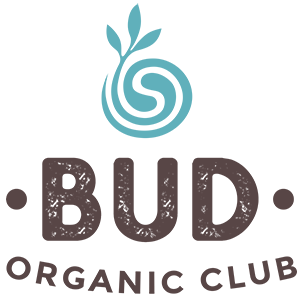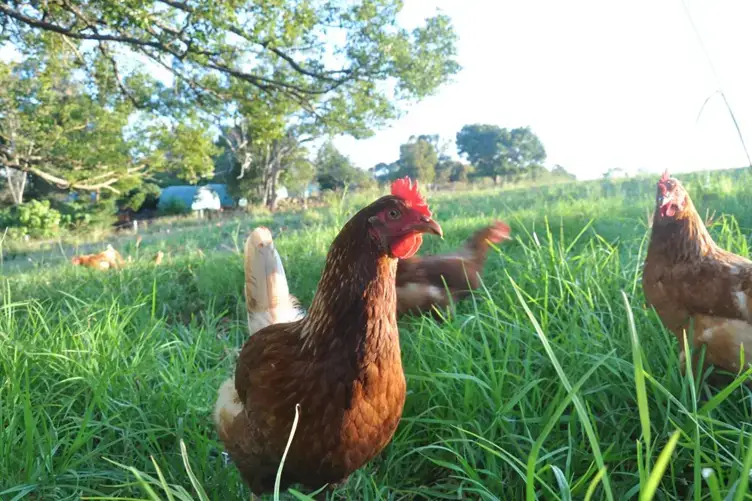Eggs are arguably one of the most nutritious foods on the planet[1]. They are considered as the ideal source of protein; and as such have been used as the benchmark for comparison with other protein sources[2]. Besides being jam-packed with nutrients, eggs go so well with bacon. And toast. And sausages. And let’s not forget eggnogs and the whiskey sour! Maybe it’s safe to say that eggs go well with everything.
Now try to remember your last trip to the supermarket. Do you ever notice the package labels in the egg aisle? If so, I bet you’ve come across the term “free range” quite a few times. But do you know what exactly “free range” eggs are? And did you know that free range eggs are different from organic eggs? All right, here’s a fun fact for you: all organic eggs are free range, but not all free-range eggs are organic.
Organic versus Free Range
How so, you ask? Well, to be free-range means that the eggs were laid by hens that were allowed access to the outdoors during the day but are housed safely and comfortably in sheds at night. And that’s exactly the same for organic eggs. However, organic takes it several steps further.
Organic standards are different from free range requirements. For instance, the maximum stocking density per hectare is 10,000 for free range, while it is only 1,500 hens per hectare for organic[3]. The idea behind this lower stocking density under organic standards is that there is no overcrowding—the hens have lots of space to roam, forage, and express their natural behaviours, making it easier to maintain the highest animal welfare standards for each bird[4].
Now, since organic standards prioritise providing ample space for the chooks, it minimises stress-inducing factors that usually result in aggressive behaviour and cannibalism. Organic farms, therefore, largely eliminate the need for debeaking, a practice where a portion of the hen’s beak is trimmed to prevent aggressive pecking and cannibalism. This procedure is very common in conventional chicken farms, including free range ones.
Legit All-Natural
Under organic standards, the pastureland where the hens roam during the day must also be certified organic—meaning, free from any synthetic chemicals and GMO. The hens are also only fed organic feed and never given hormones or antibiotics to boost growth. Now to get a bit more technical, the only synthetic amino acid ever allowed under organic poultry production is restricted amounts of synthetic methionine in their feed—enough only to meet the chooks’ requirements for this essential amino acid without oversupplying them with protein[5]. Another fun fact—artificial colourants are occasionally added to non-organic chicken feed to intensify the vibrant orange colour of egg yolks[6]. However, in organic farming, the use of artificial carotenoids is strictly prohibited. Instead, the hens derive their carotenoids naturally from the plants they consume during feeding[7].
There you have it—strict animal welfare standards, spacious living conditions, low stress environments, no beak trimming, and a complete absence of hormones, antibiotics, synthetic toxic chemicals, and GMOs. It certainly appears that the chooks are living their best lives. So the next time you’re back at the shops, give organic eggs a go. And while you’re at it, look for a certified organic logo such as the Bud[8] on the packaging, ensuring the eggs meet the high standards you’d expect.
List of References
[1] https://www.ncbi.nlm.nih.gov/pmc/articles/PMC6470839/
[2] https://www.ncbi.nlm.nih.gov/pmc/articles/PMC9316657/#
[3] https://austorganic.com/organic-livestock-production/
[4] https://www.soilassociation.org/take-action/organic-living/what-is-organic/organic-eggs/
[5] https://attra.ncat.org/publication/organic-poultry-production-providing-adequate-methionine/
[6] https://www.sciencedirect.com/science/article/abs/pii/B9780081003718000142
[7] https://www.sciencedirect.com/science/article/abs/pii/S0308814621028600
[8] https://austorganic.com/bud-guarantee/
Carotenoids: A group of bioactive compounds that are present in eggs, giving them that orange or golden colour.
Colourants: Artificial dyes, often used to make food products look more appealing.
Methionine: An essential amino acid found in meat, fish and dairy products.

